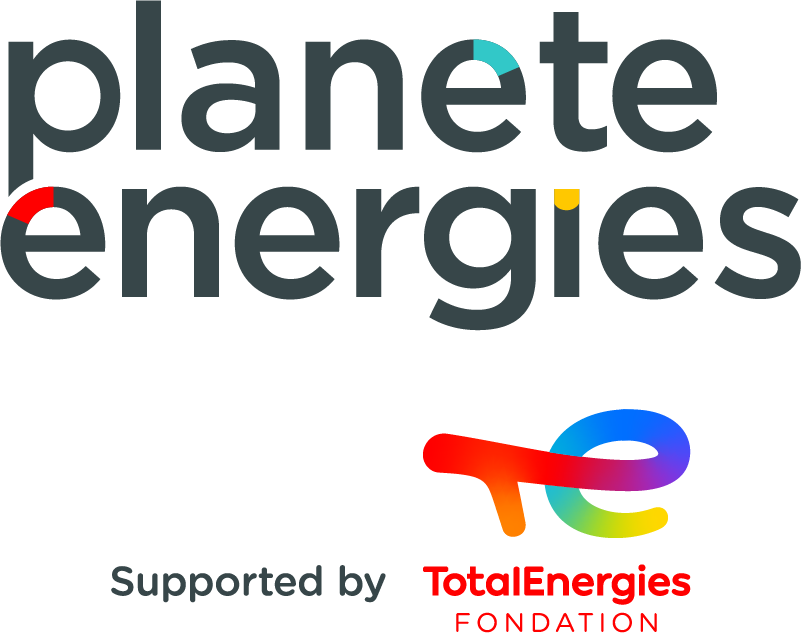Glossary - Letter A
Actinides
A family of 15 heavy metals with atomic numbers between 89 and 103 (including uranium and thorium) that can occur naturally or be artificially produced during nuclear fission reactions.
Active Solar System
A built-in system in homes and buildings to capture and use solar heat along with another energy source, usually to operate pumps and ventilation systems. Examples include solar water heaters and solar radiant floors.
Additive
Chemical compound added to a fuel and lubricant to enhance its properties.
Aerobic
Describes an organism or microorganism that requires — or has the ability to use — oxygen, which is found in ambient air, for the metabolic processes it needs to survive.
Agence Nationale pour la gestion des Déchets Radioactifs (ANDRA)
ANDRA, the French National Radioactive Waste Management Agency, is a state-funded industrial and commercial establishment that is responsible for the long-term management of radioactive waste produced in France.
Alkene (or Olefin)
Alkenes are hydrocarbons containing at least one carbon-carbon covalent double bond. The simplest alkene is ethylene (CH2= CH2). Alkenes that have been polymerized form the basis of many plastics.
Alkylation
Alkylation is one of the main reactions used in the petrochemical industry. It increases the number of carbon atoms in certain hydrocarbons found in fuel, boosting the octane rating to make the fuel more resistant to auto-ignition and reduce the risk of detonation. Advances in the alkylation process have led to the removal of lead, a toxic pollutant, from modern fuel.
Alternating Current
A flow of electric charge that changes direction twice per period. It is produced by an alternator, which is a coil in a rotating magnetic field.
Anaerobic
Describes an organism or microorganism that requires an environment without air and, by extension, free oxygen to live, or can live in such an environment.
Anaerobic Bacteria
Bacteria that can live and grow in the absence of oxygen or for which oxygen is toxic (obligate anaerobic bacteria).
Anaerobic Fermentation (Methanation)
Fermentation in the absence of air or free oxygen.
Anthracite
A type of coal that is 95% pure carbon. It is an excellent fuel.
Anticline
In structural geology, a fold of rock that is convex up. Anticlines are one of the main types of hydrocarbon trap.
Anticyclone
A closed system of high atmospheric pressure that disperses cloud formations and inhibits precipitation.
Appraisal Drilling
Drilling is carried out once oil or gas has been discovered. The appraisal phase is key to assessing the extent of the find and its reserves before deciding whether or not to proceed with the huge investments required to develop the resources. Also called delineation drilling.
Aquifer
An aquifer is a geological formation (or rock) that acts as a reservoir. It contains groundwater that can be used for drinking water, irrigation or geothermal applications, for example.
Arch Dam
Curved dam supported by its rock walls, which help it to withstand the pressure of the water pushing against it.
Artificial Lift
Oil recovery method that involves creating negative pressure (vacuum) in the production well to speed up the inflow of oil or gas from the reservoir. Either beam pump units on the surface or downhole pumps (electric submersible pumps, ESP) can be used. ESPs are more expensive, but also more efficient.
Artificially Induced Fracturing
See Hydraulic Fracturing.
Asphalt
At ambient temperature, a sticky, black and highly viscous or solid mixture of heavy hydrocarbons. Asphalt is produced by the crude oil distillation process and is used in the construction industry, for example to pave roads or as waterproofing.
Atom
The basic unit of matter and the smallest, indivisible unit of a chemical element. It comprises a nucleus (neutrons + protons) that is surrounded by a cloud of electrons.
Autogas LPG
Autogas refers to liquefied petroleum gas, or LPG (see definition), used as a fuel for cars. French regulations require it to contain at least 50% propane and 19% butane.
Autorité de Sûreté Nucléaire (ASN)
The ASN, or French Nuclear Safety Authority, is an independent administrative authority founded in 2006 that monitors nuclear safety and radiation protection on behalf of the French government. Its objective is to prevent and protect against all the collective, individual and environmental risks associated with the use of nuclear energy.







